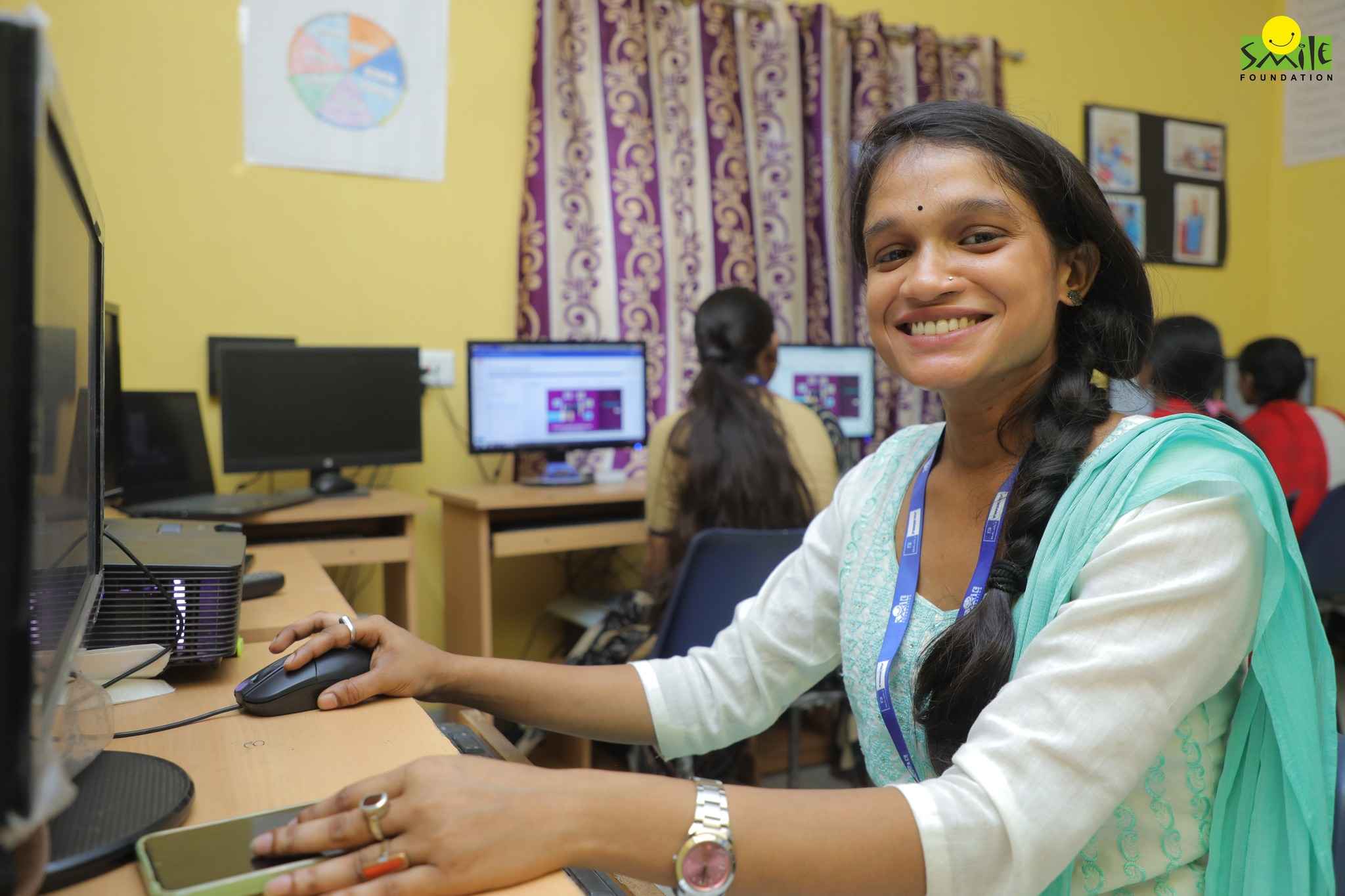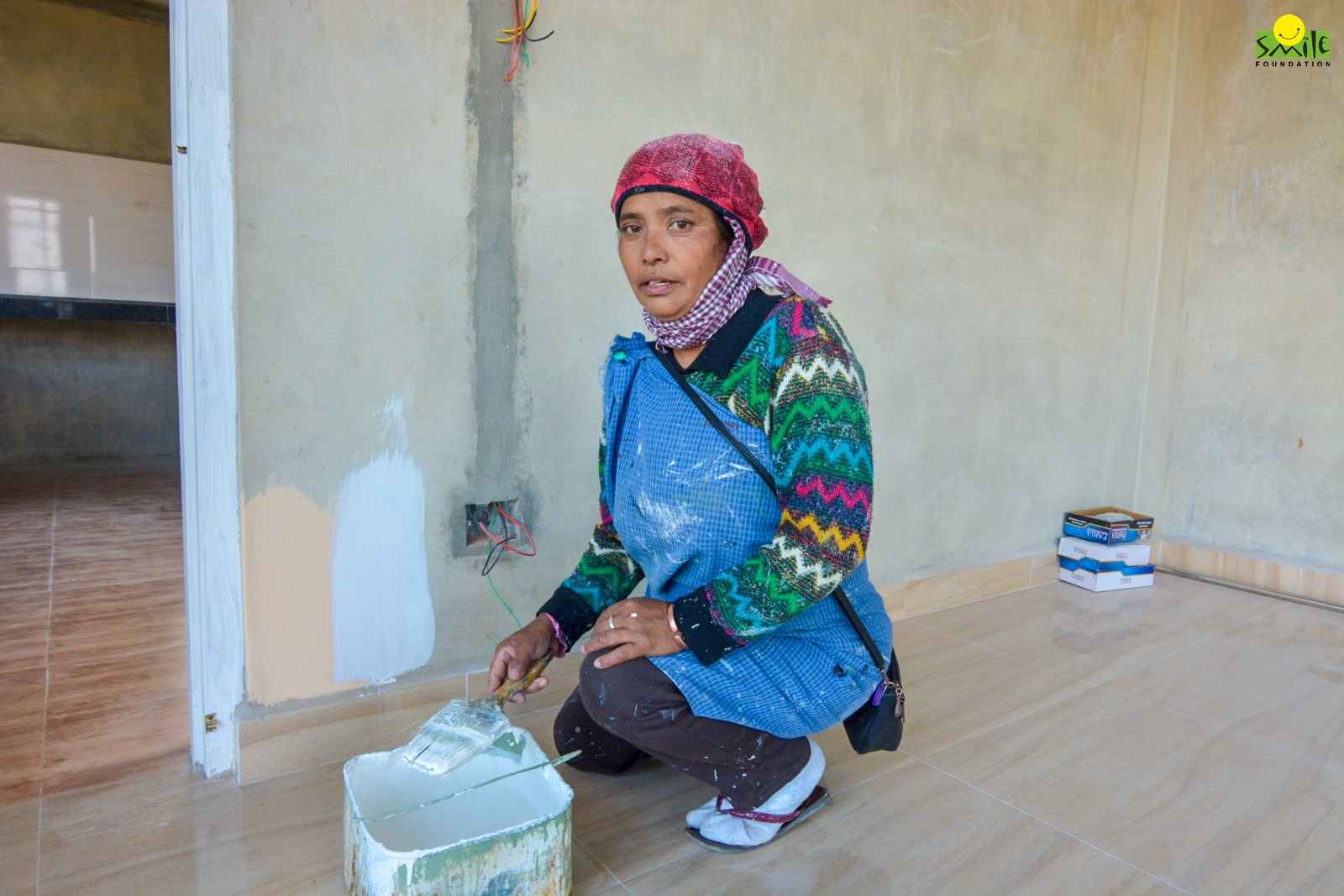The days of one-size-fits-all teaching methods and conventional educators are giving way to a more dynamic and flexible approach. As the world becomes increasingly complex, students are seeking innovative ways to learn and understand the vast knowledge that awaits them.
Unconventional teachers are the driving force behind this educational transformation. They defy the norms, challenge the status quo, and inspire students to think outside the box. Here are some key traits that set them apart:
- Passion for Learning: Unconventional teachers are lifelong learners themselves. They have an insatiable curiosity and a deep love for acquiring knowledge, which they pass on to their students.
- Adaptability: These educators embrace change and adapt quickly to new technologies and teaching techniques. They are not bound by tradition but driven by innovation.
- Empathy and Understanding: Unconventional teachers understand that every student is unique. They take the time to connect with their students on a personal level, offering guidance tailored to individual needs.
- Creative Problem Solvers: They encourage students to explore and solve problems creatively. Unconventional teachers understand that the ability to think critically and solve real-world issues is a vital skill for the future.
- Tech-Savvy: In today’s digital age, unconventional teachers harness the power of technology to enhance the learning experience. They leverage online resources, interactive tools, and multimedia to make lessons engaging and relevant.
The Evolving Classroom: Unconventional Teaching Methods
Unconventional teaching methods go hand in hand with unconventional teachers. These methods focus on fostering independent thinking, collaboration, and real-world application. Here are some unconventional teaching techniques making waves:
- Project-Based Learning: Instead of rote memorization, students work on real projects that require research, critical thinking, and problem-solving. This approach encourages a deeper understanding of the subject matter.
- Flipped Classroom: In a flipped classroom, students review course materials at home through videos or online resources and then use class time for discussions, problem-solving, and hands-on activities.
- Gamification: Gamifying lessons turns learning into an immersive experience. Educational games and simulations make complex concepts more accessible and enjoyable for students.
- Outdoor and Experiential Learning: Unconventional teachers take learning beyond the classroom. They organize field trips, nature walks, and hands-on experiences to connect academic knowledge with the real world.
- Peer Teaching: Students become teachers themselves in peer teaching environments. This collaborative approach not only reinforces their understanding but also promotes teamwork and leadership skills.
The Impact of Unconventional Learning
Unconventional learning methods and teachers have a profound impact on students and education as a whole:
- Fostering Creativity: Unconventional learning encourages students to think creatively, explore their passions, and develop a love for learning beyond textbooks.
- Boosting Engagement: Students are more engaged when learning is fun, interactive, and relevant to their lives. Unconventional methods achieve this by design.
- Preparing for the Future: In an ever-changing world, unconventional learning equips students with skills such as adaptability, critical thinking, and problem-solving that are essential for success in any field.
- Inclusivity: Unconventional teaching methods often accommodate diverse learning styles, making education more inclusive and accessible to a broader range of students.
- Global Perspective: Through unconventional methods, students gain a global perspective, fostering empathy and understanding of different cultures and worldviews.
As the educational landscape continues to evolve, it’s clear that unconventional learning and teachers are at the forefront of this transformation. They are challenging the norms, breaking down barriers, and opening doors to a world of possibilities for students.
Challenges and Future Trends
While unconventional education offers myriad benefits, it’s not without challenges. Standardized testing and institutional resistance can pose hurdles. However, as more educators and institutions embrace these methods, a future of blended learning, flipped classrooms, and experiential education is emerging.
Embracing the Unconventional Teaching
The role of unconventional teachers and teaching methods in education is pivotal. They are catalysts for change, champions of creativity, and advocates for personalized learning. As the world evolves, so must education, and these unconventional approaches are lighting the way forward.
The classroom of tomorrow is dynamic, innovative, and, above all, focused on nurturing the next generation of thinkers, creators, and leaders. It’s an education that celebrates individuality, embraces curiosity, and prepares students not just for exams but for life itself.
Whether you’re an educator, a student, or a parent, embracing unconventional learning can lead to a more dynamic and enriching educational experience. The future of education is here, and it’s unconventionally bright.










One reply on “The Role of Unconventional Teachers and Teaching Methods”
Excellent.I like this method. I am a teaching Buddhism on a volunteer school on a weekly basis. I like to read more materials on the subject. I guess this is our future.